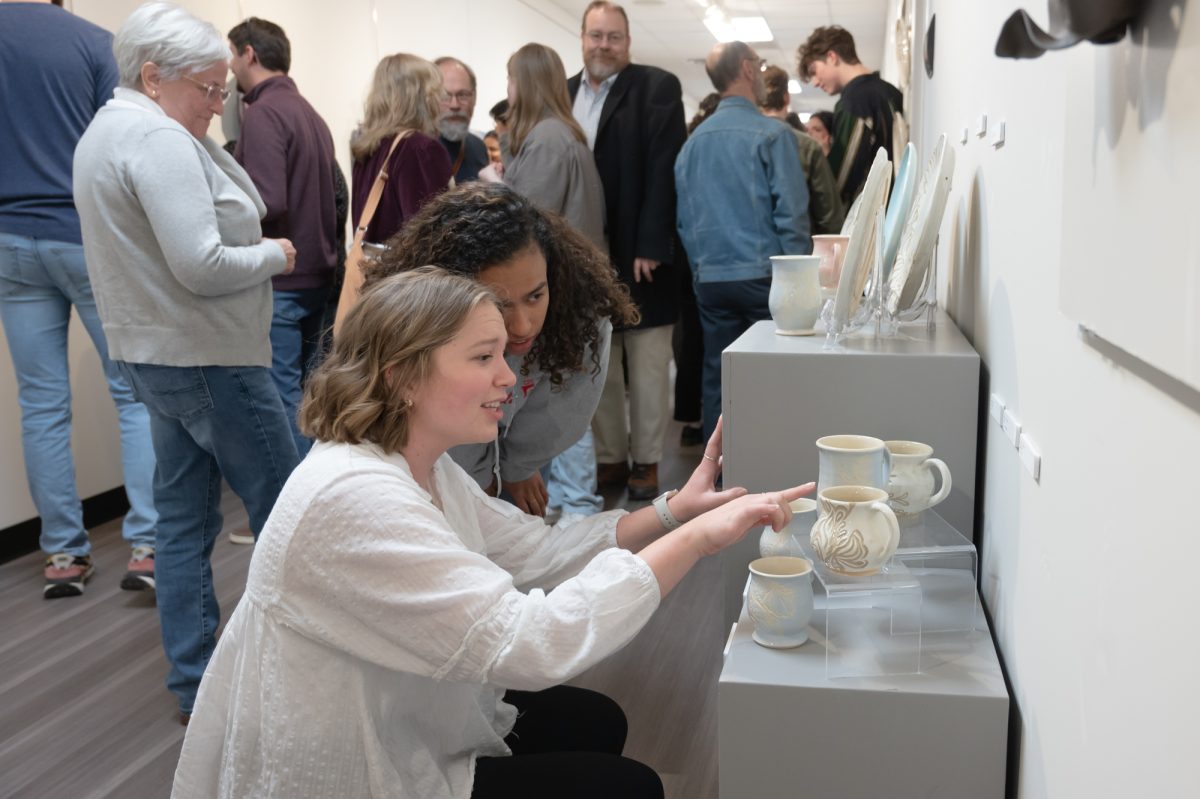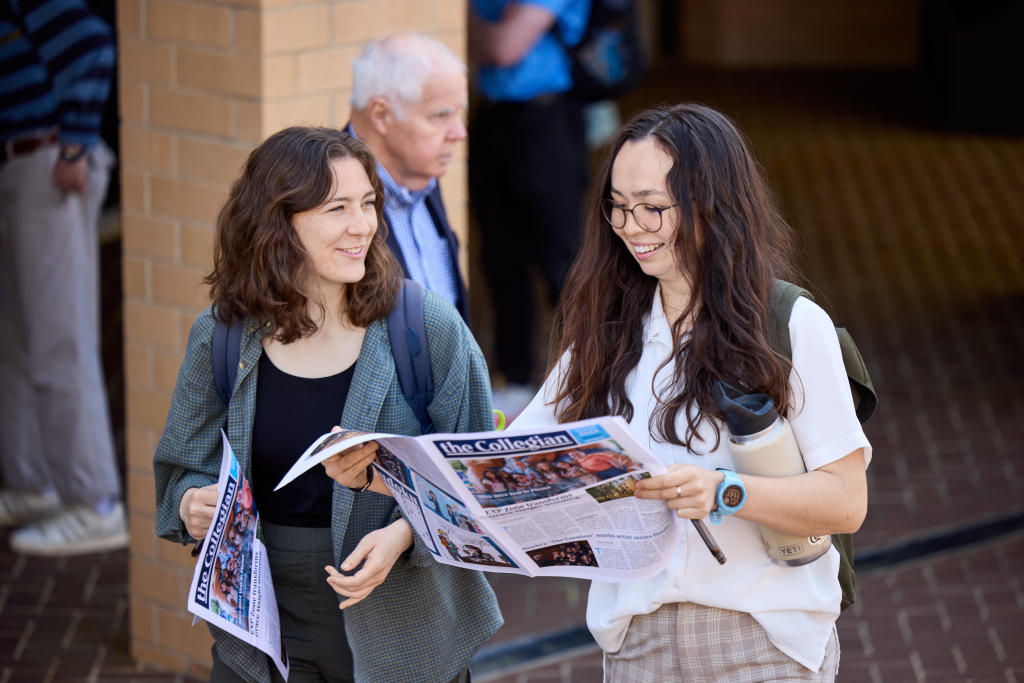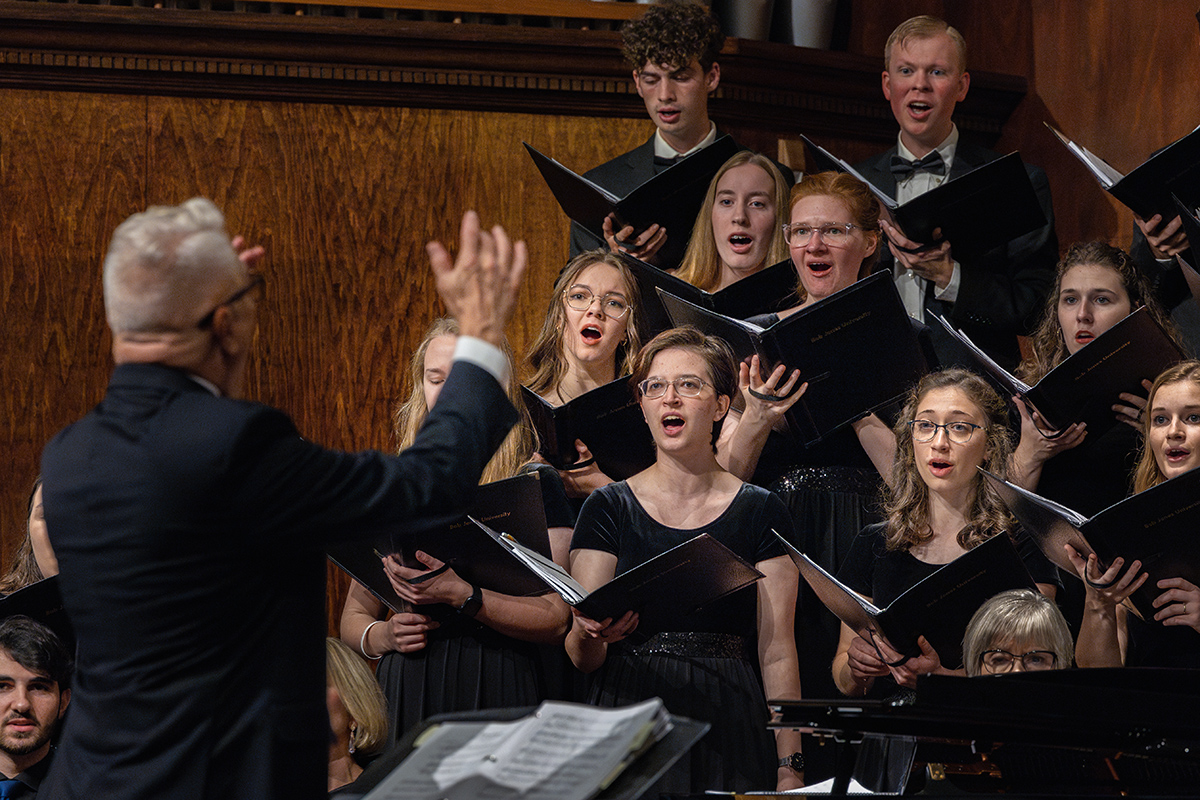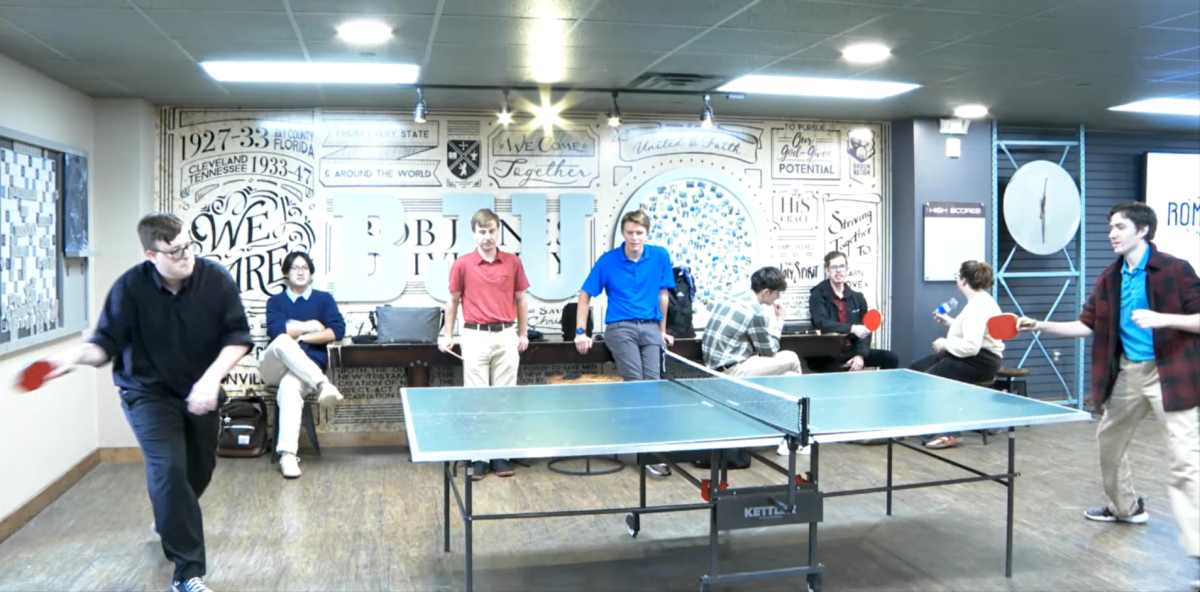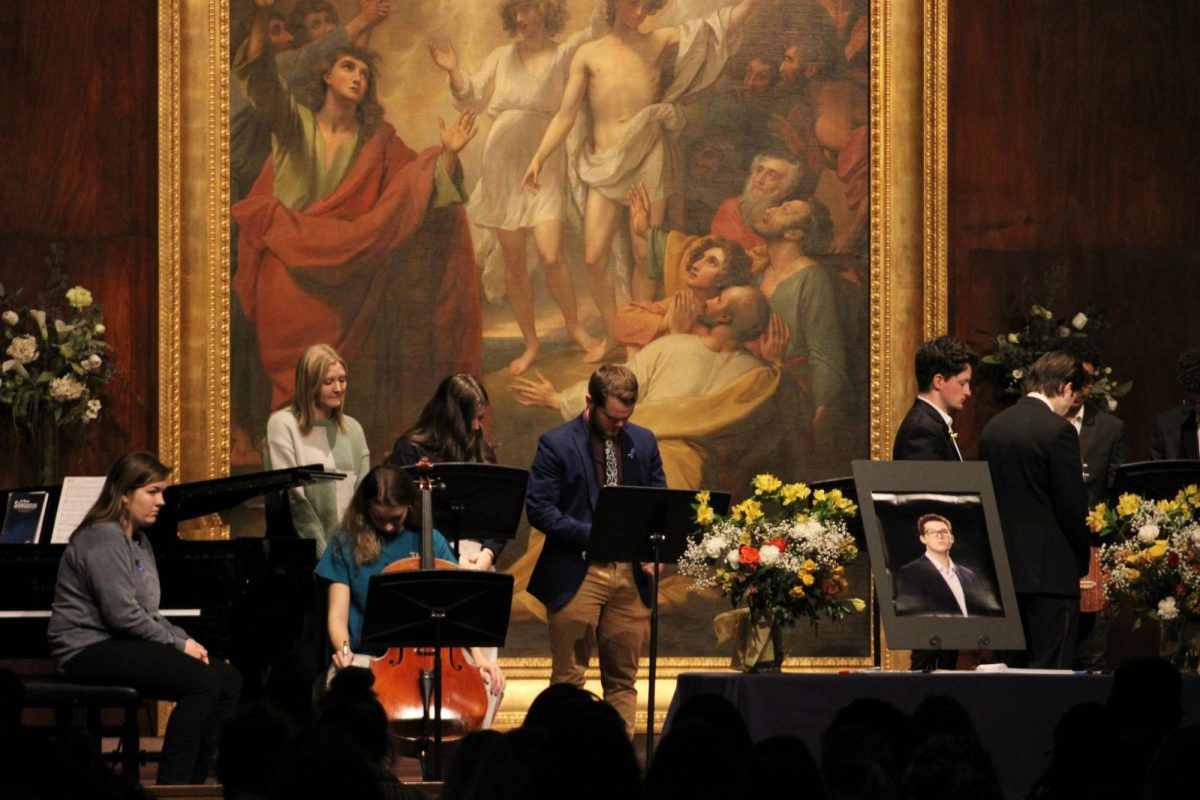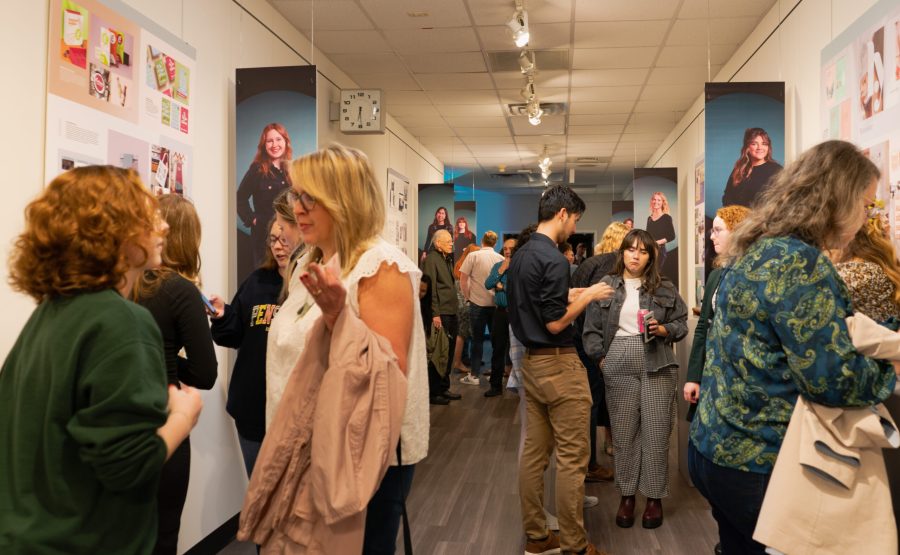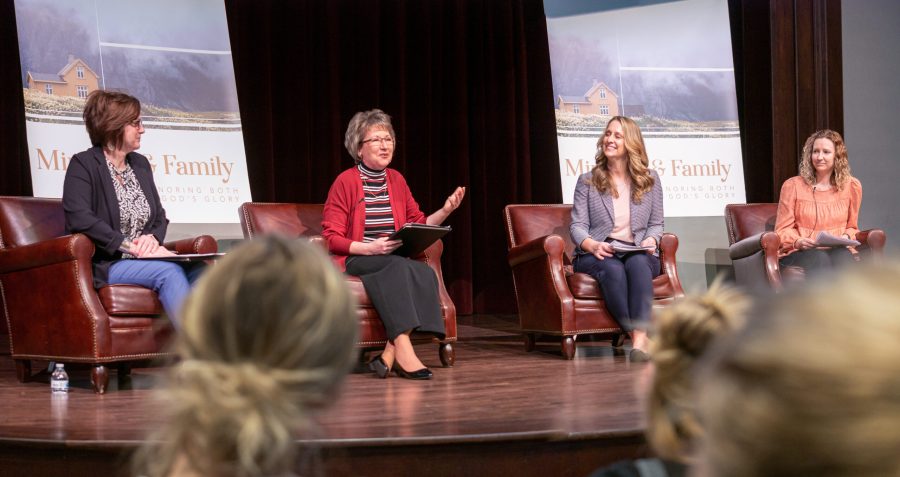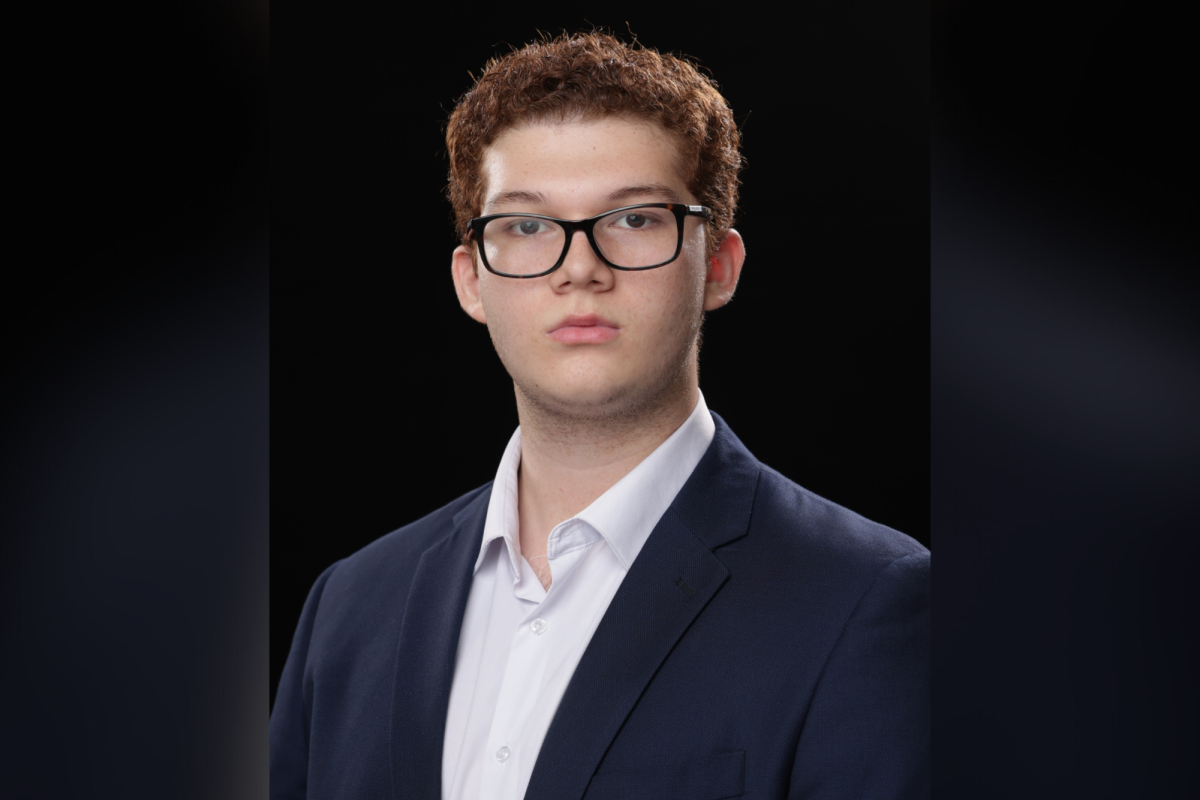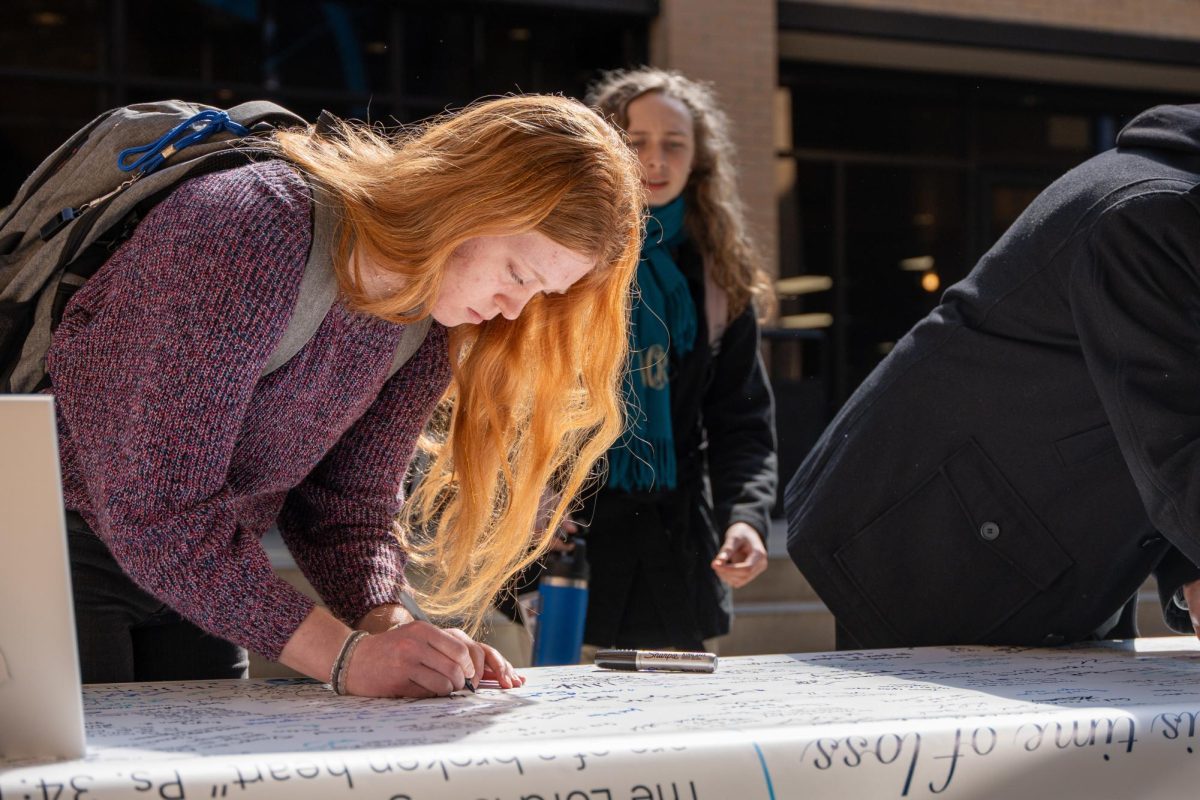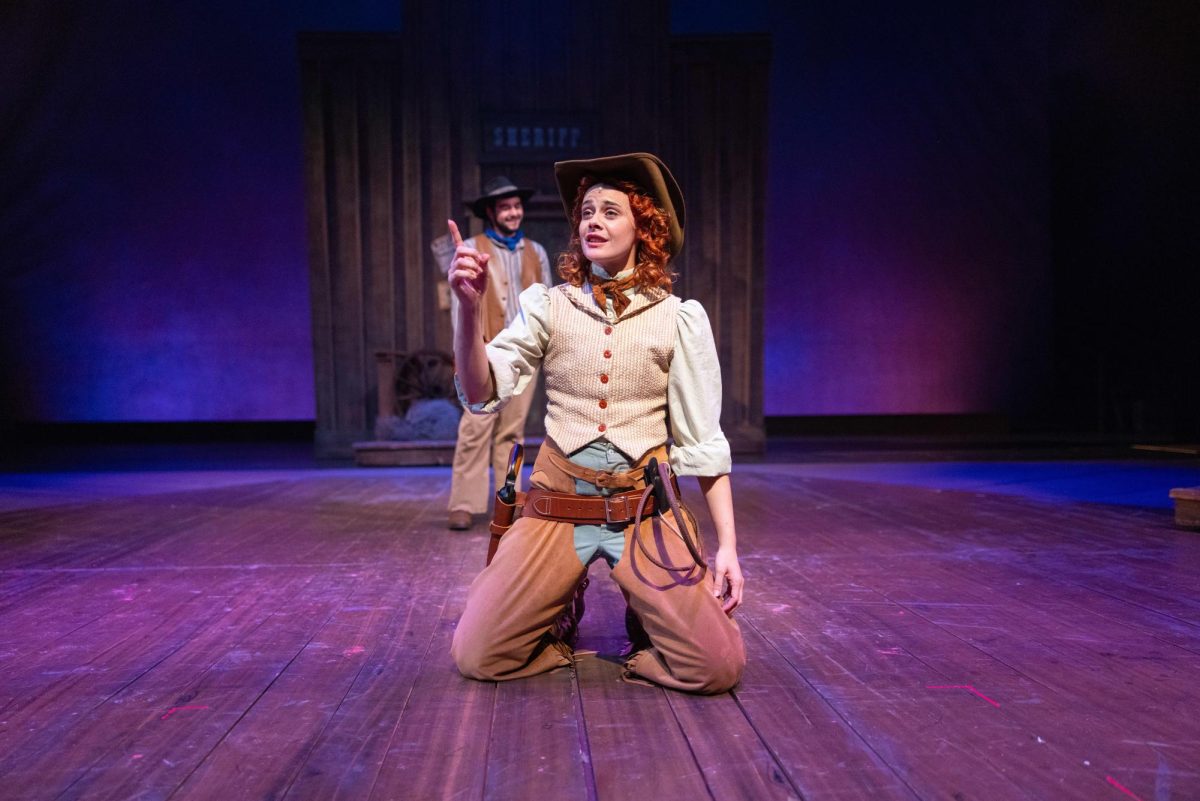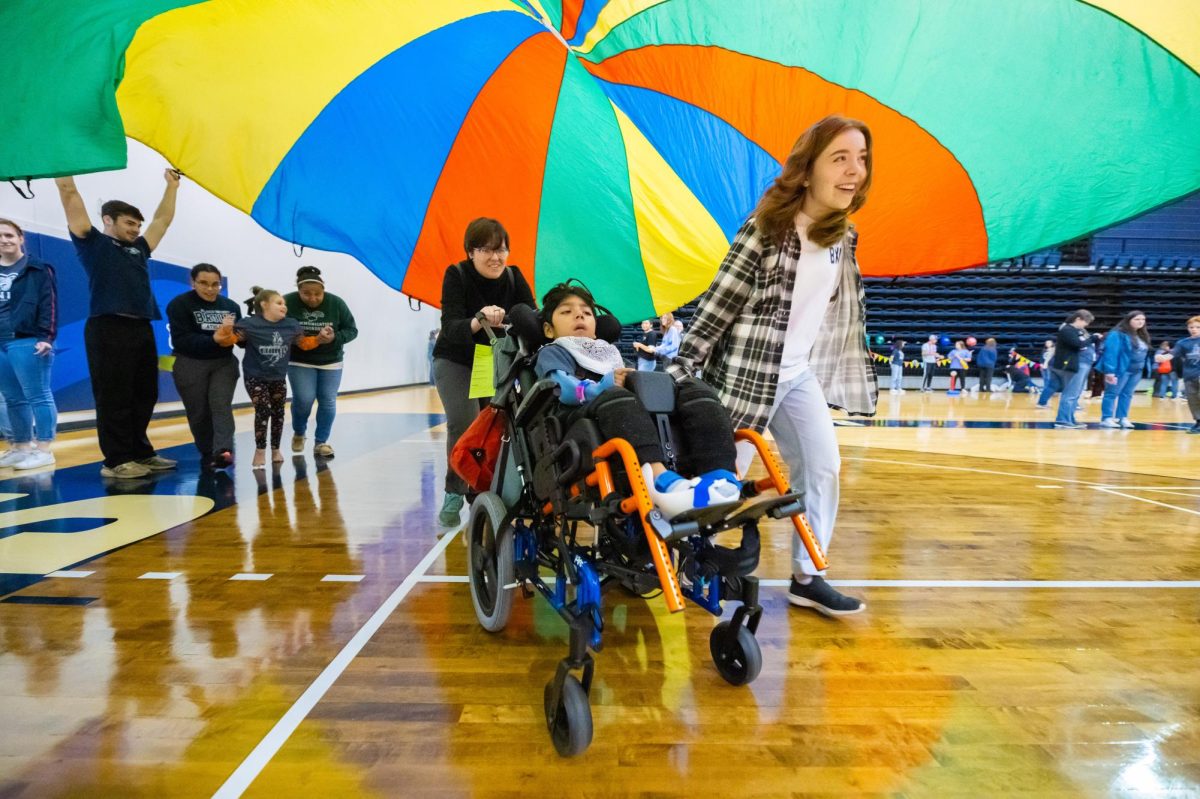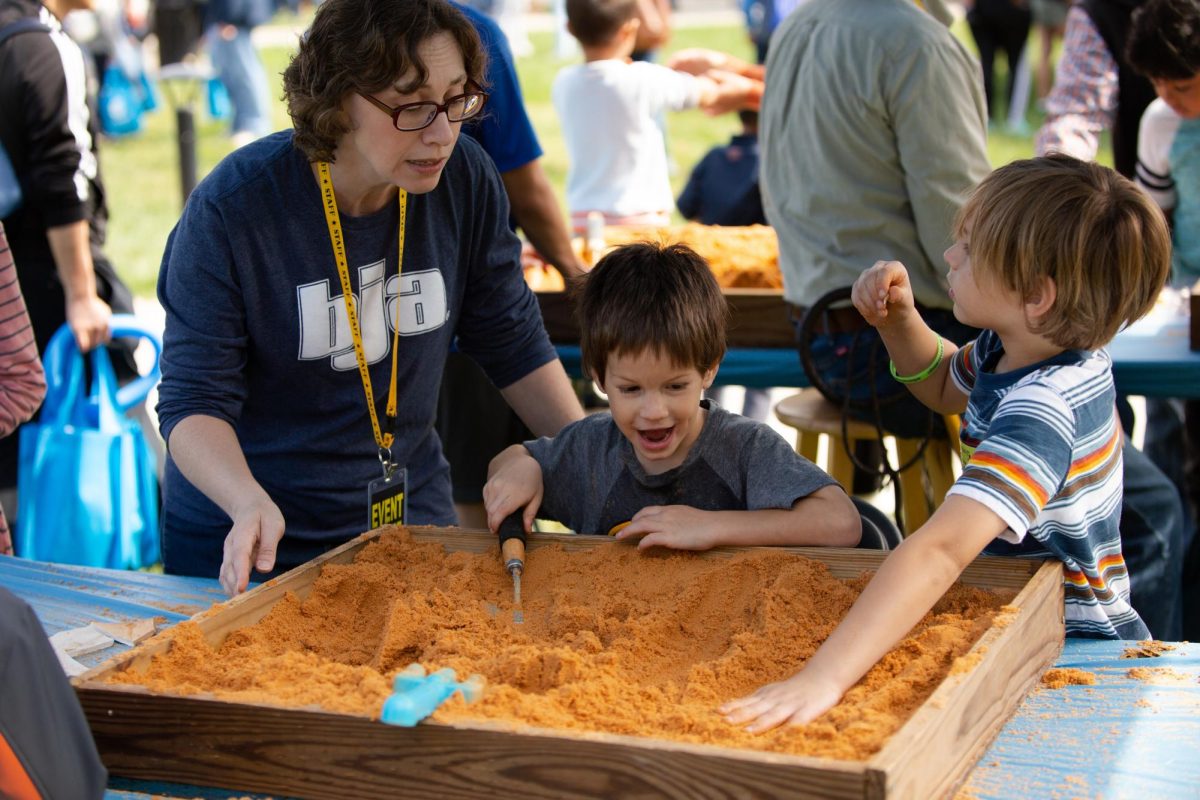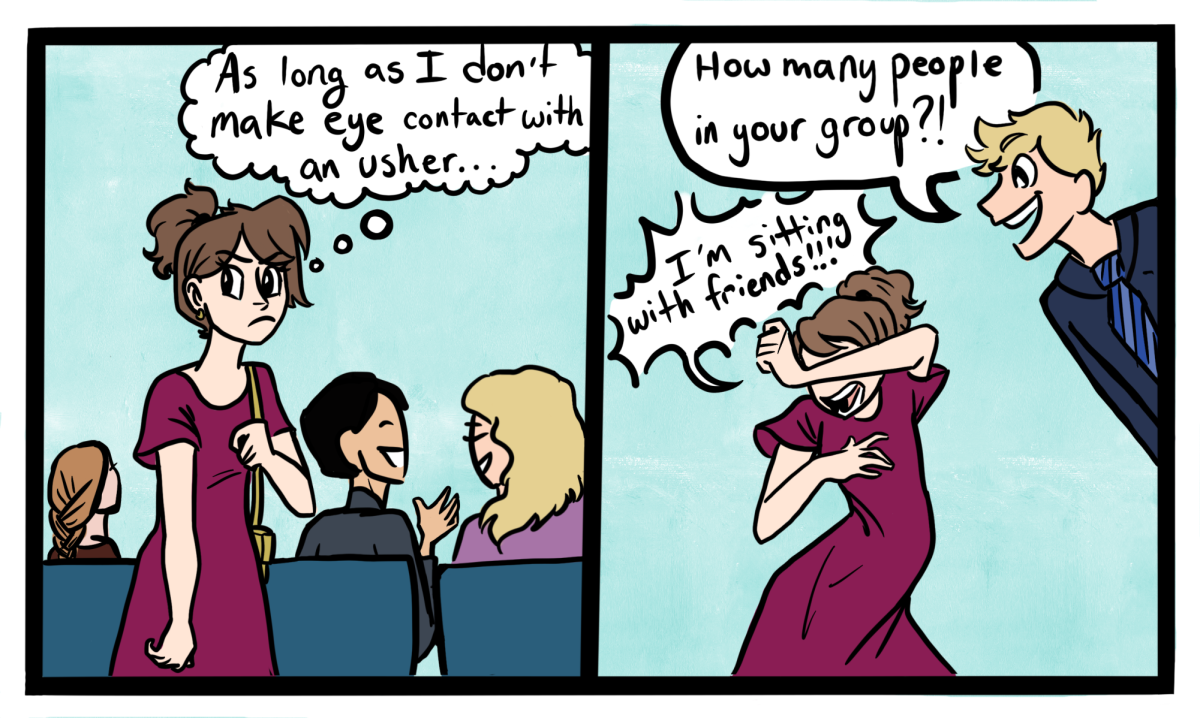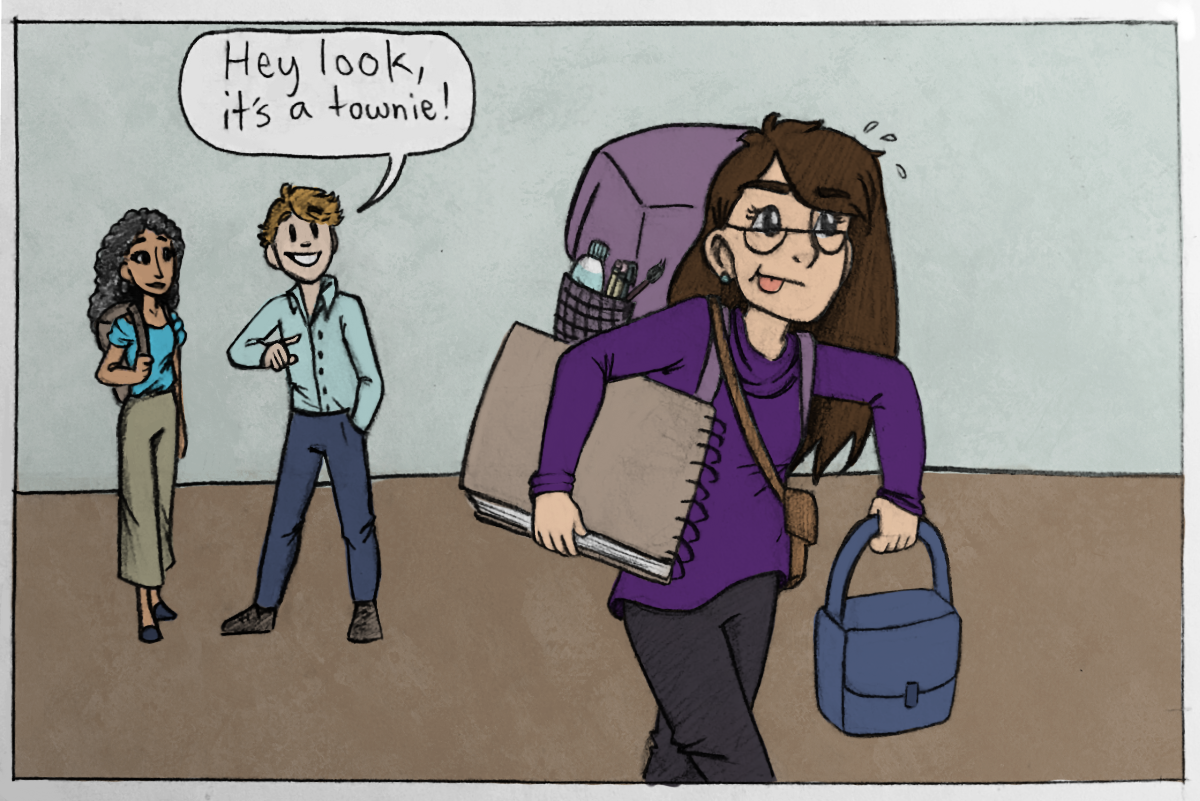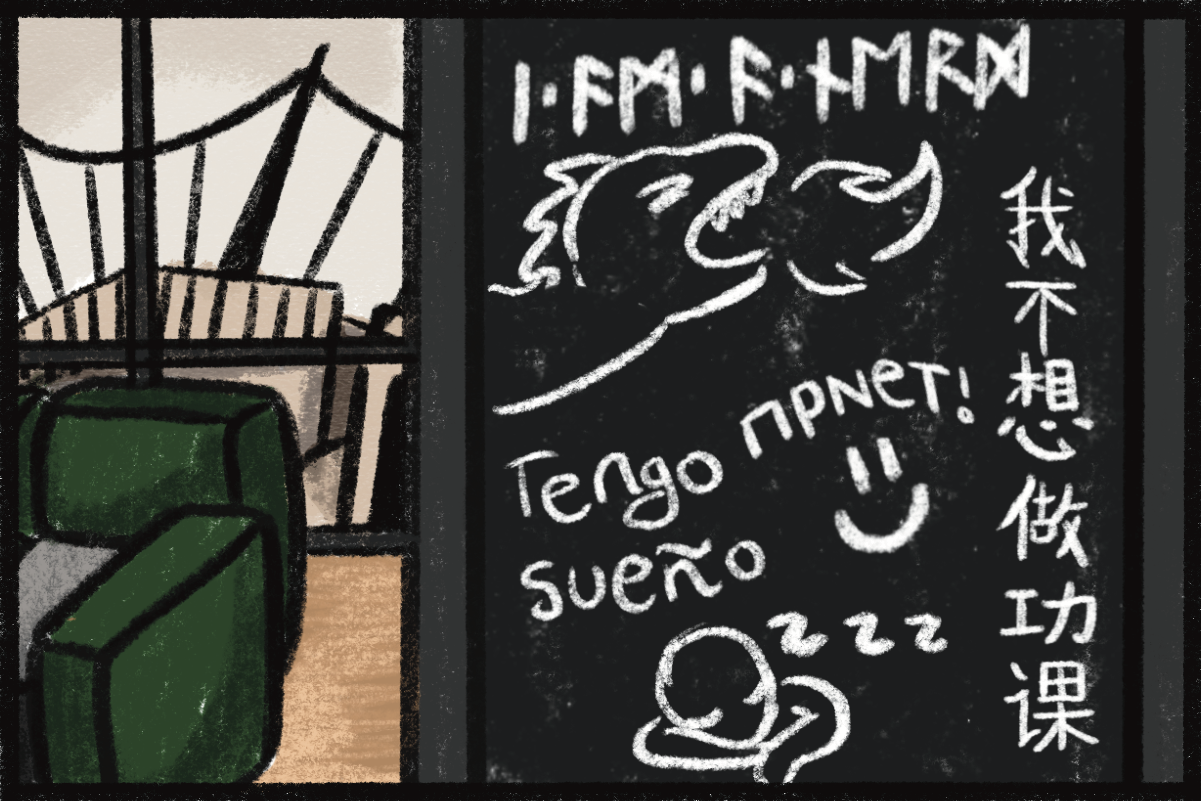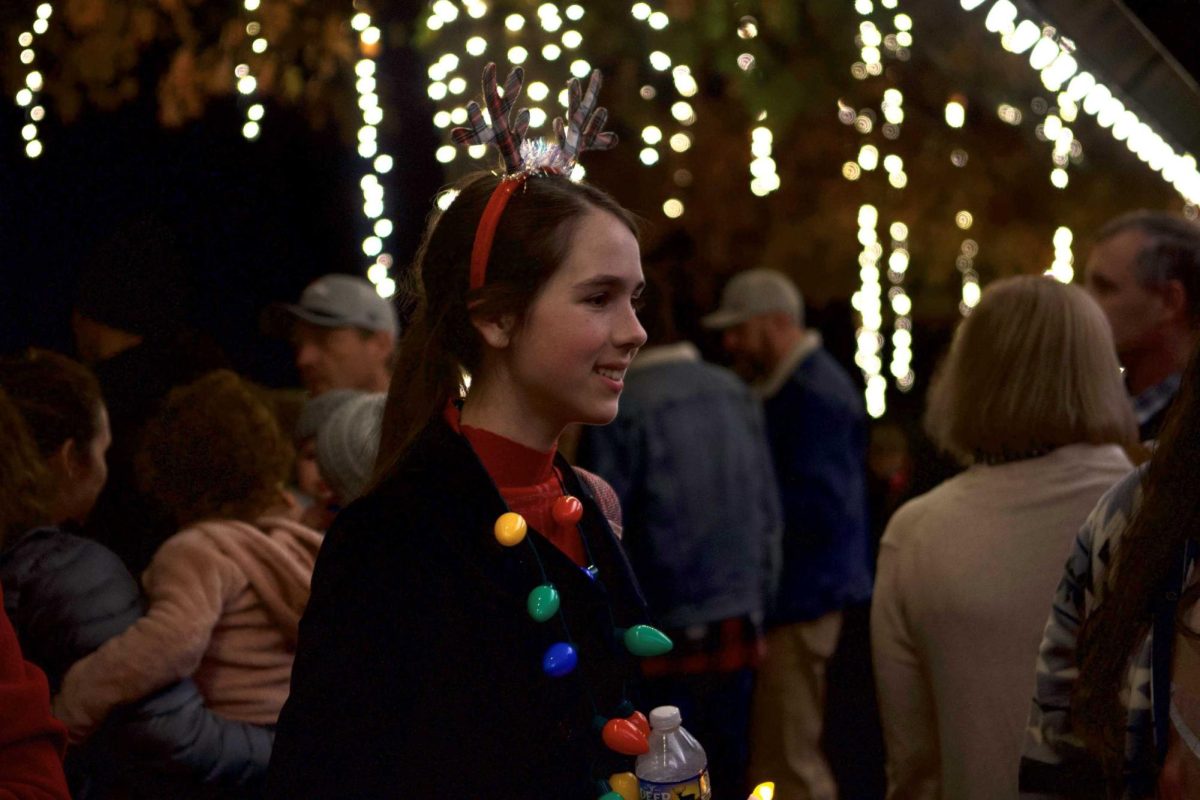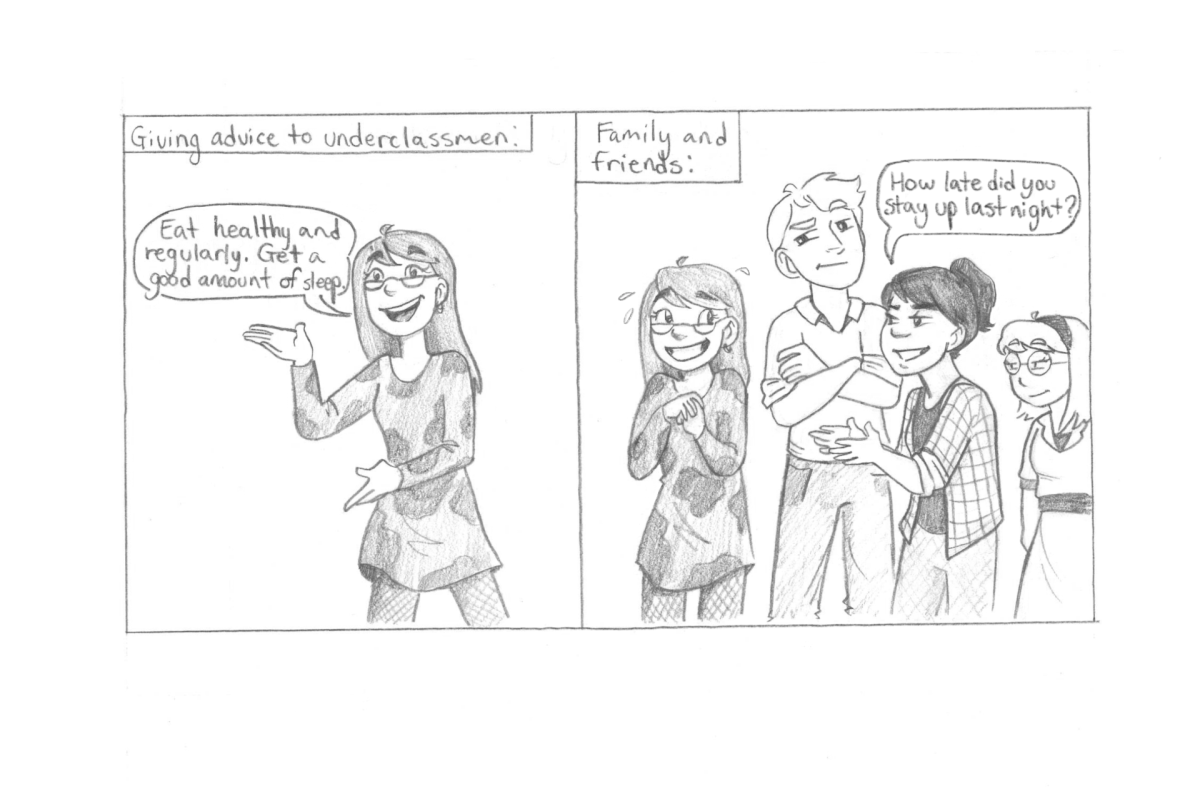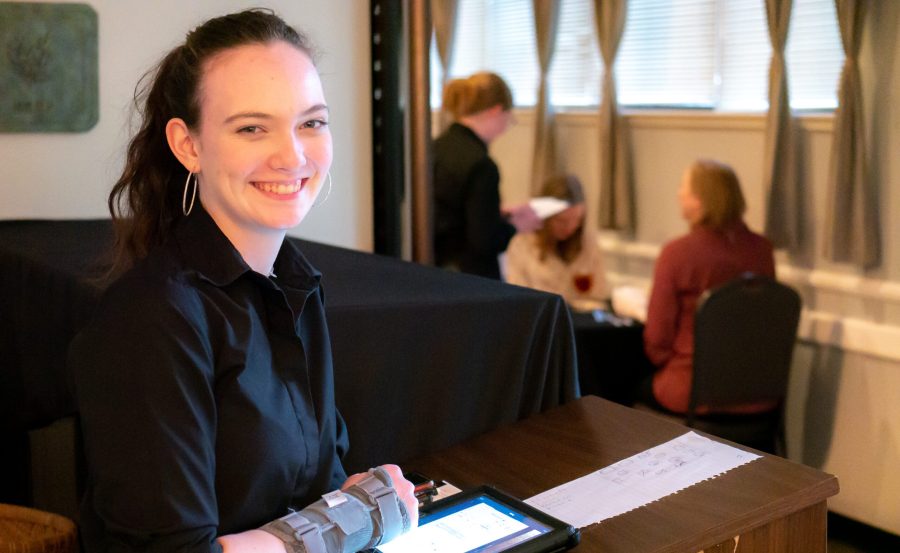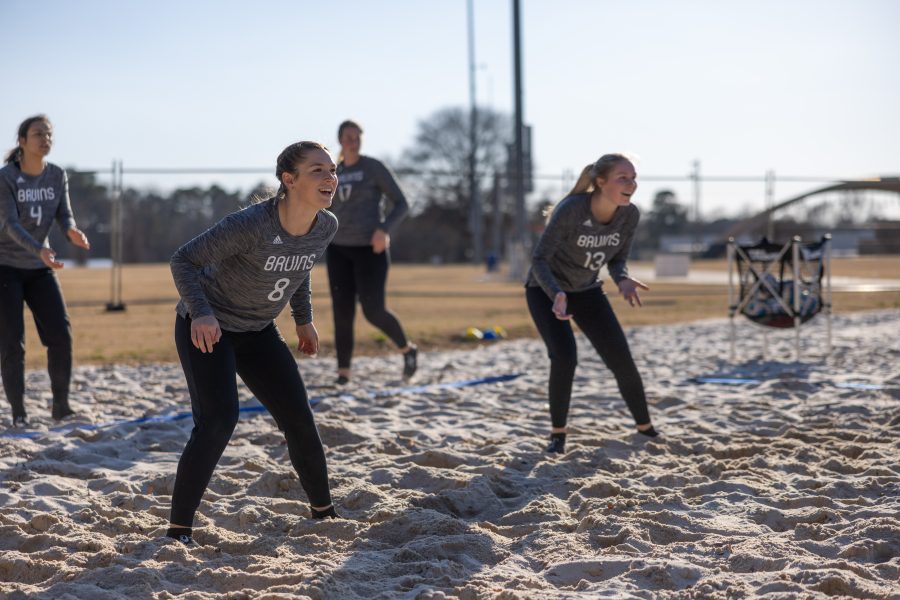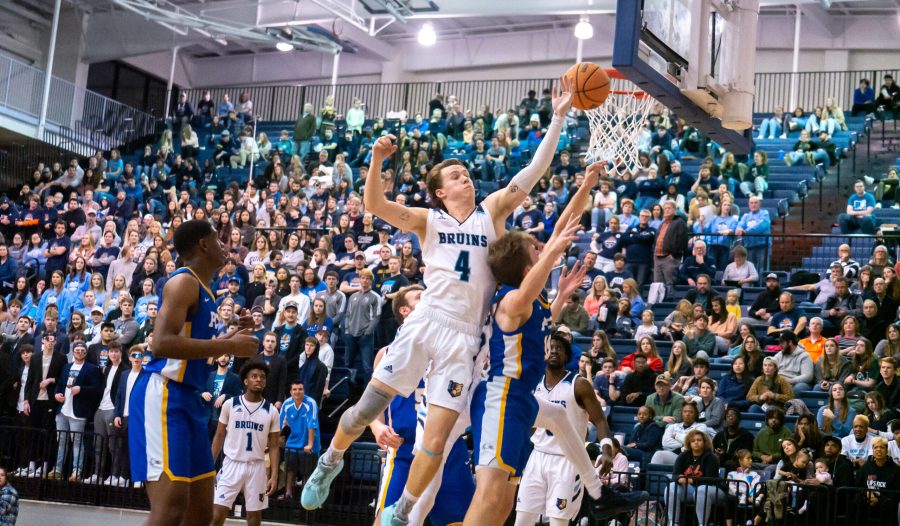Tongue-pierced, blue-haired and broken-hearted, one by one they shuffled into my classroom.
My nerves had me running on two hours of sleep. This was my first time teaching in my local public school.
After years of being fed stories about the degradation of today’s youth, I thought I was about to meet a pack of wolves. They were going to tear me up.
After all, teenagers are all disrespectful, self-absorbed, sex-crazed hormonal beasts.
They don’t listen. They don’t think. They don’t feel. Or at least, that is what our society has said about them.
Subbing as an English teacher for three block classes, my assignment was an introduction to poetry.
Easy right?
Of all the things in the world, what do ninth graders love more than poetry? My work was cut out for me.
Things were slow starting out. But after bribing my students with candy bars, our class had some momentum. The atmosphere was light, and we were actually having fun.
But the moment of truth was upon me—I was about to recite a poem in front of 34 high schoolers.
That was one of the most vulnerable experiences of my life. I had no idea how they would react.
Looking at their faces though, I could tell exactly what they were thinking.
At first it was a mixture of boredom with “what does a slave narrative have to do with me?”
But a few stanzas into Paul Laurence Dunbar and Maya Angelou’s “The Mask,” we hit the meat of the poem,“We wear the mask that grins and lies. It hides our cheeks and shades our eyes.”
Their faces changed. This was hitting close to home. Although originally written about African-American slaves, this too was describing them.
A discussion broke out among us, and 34 high schoolers were vulnerable to each other.
Those ninth graders were openly asking me questions about poetry. And they were amazing and meaningful questions. They were thinking.
The rest of the class period was going to be spent writing. We were going to embrace the theme of our poem. We were going to know what the poet knew and feel what he felt. And then, we were going to reinterpret that theme in our own writing.
I sat in my desk and gave them some space—for 20 minutes they wrote freely.
I had no idea what to expect. I began to circulate throughout the room, talking to all the students about what they had written. Due to the sensitive nature of the topic, I asked each student for permission before reading. Most allowed me to see what they had written.
I was unprepared for the things they said.
They talked about being invisible, unwanted, misunderstood.
Some understood themselves to be hypocrites, lying to the world about themselves. Others spoke about their families and absent parents. And a few recounted the loss of a brother or sister. One talked about her counseling for past sexual abuse.
Behind their stony exteriors and blank stares, these students were feeling everything around them.
To share all these things with a total stranger told me two things: that these kids were hurting and that they were hungry to be heard. I count it a privilege to have heard their stories.
Going in that day, those students were foreign to me. They were nameless and undefined. I saw them more as the mindless and soulless machines they carried than as humans.
But as I left, to me, they were completely humanized. They were just like me. They too wanted to be loved and cared for and wanted.
My 34 students are just a fraction of a searching generation. A generation in need of the love of Christ. And my heart goes out to them.
I’m still processing this summer experience. I don’t know if I’ll see my students again. But I do know that this summer made me think about what it means to love as Jesus loved.
I wonder who will be broken and used up and spent for these kids.

